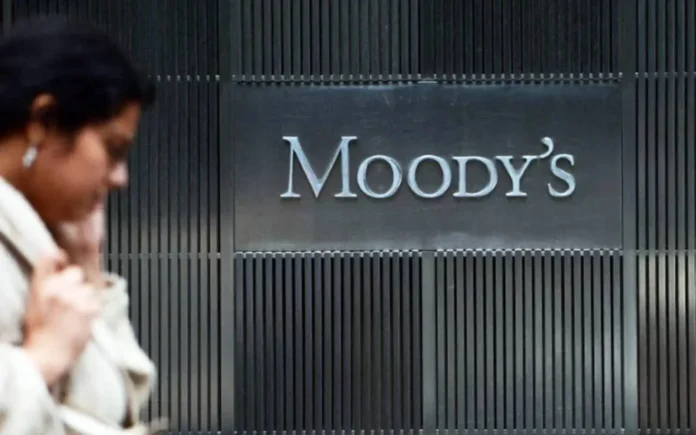
In a significant move on October 25, ratings agency Moody’s downgraded France’s credit outlook from “stable” to “negative,” raising alarms over the country’s fiscal management and opening the door to a potential credit rating cut.
The decision reflects mounting concerns about the French government’s ability to implement necessary measures to address its growing budget deficits and deteriorating debt affordability.
Moody’s cited “increasing risk” that the government would fail to enact reforms that could stabilize the country’s finances.
Despite maintaining France’s credit rating at Aa2—supported by its robust, diverse economy—the agency expressed dissatisfaction with the fiscal deterioration, which it described as “beyond our expectations.”
This shift contrasts sharply with trends seen in other similarly rated countries, where governments have made strides toward consolidating their public finances.
France’s new Finance Minister Antoine Armand acknowledged Moody’s decision while emphasizing the government’s commitment to pursuing comprehensive reforms.
He insisted that France possesses the economic strength to address its challenges, stating, “We must take credible steps to tackle our high deficit.”
The minister’s remarks highlight the urgency of the situation as the government grapples with mounting pressure to restore fiscal stability.
Moody’s concerns extend beyond financial metrics; the agency pointed to heightened risks stemming from France’s political and institutional environment.
The statement indicated that the current political climate is “not conducive to coalescing on policy measures that will deliver sustained improvements in the budget balance.”
Consequently, Moody’s has assessed that the government’s budget management is weaker than previously believed.
Prime Minister Michel Barnier has set an ambitious target to reduce the public sector deficit to below 5% of the gross domestic product (GDP) in the upcoming fiscal year, down from an anticipated 6.1% in 2024.
However, Barnier’s proposed budget faces a challenging path, as it has been met with resistance in a hostile parliament. This contentious political landscape complicates efforts to secure the necessary reforms to address the deficit.
The potential consequences of Moody’s outlook downgrade are significant. A credit rating cut could increase borrowing costs for the French government, making it more expensive to finance public projects and meet social obligations.
In a time when France is already contending with economic pressures, such a scenario could further strain the nation’s fiscal health.
Analysts are closely watching France’s next steps in response to Moody’s warning. The government’s ability to navigate the complexities of parliamentary politics while enacting substantial fiscal reforms will be critical in determining its creditworthiness moving forward.
As the French economy faces challenges on multiple fronts, the call for decisive action has never been more urgent.
In conclusion, Moody’s downgrade serves as a wake-up call for the French government, highlighting the necessity of swift and effective measures to restore fiscal stability and regain investor confidence.
With the political landscape proving to be a significant hurdle, the upcoming months will be crucial in shaping France’s financial future and its standing on the international stage.
This article was created using automation technology and was thoroughly edited and fact-checked by one of our editorial staff members